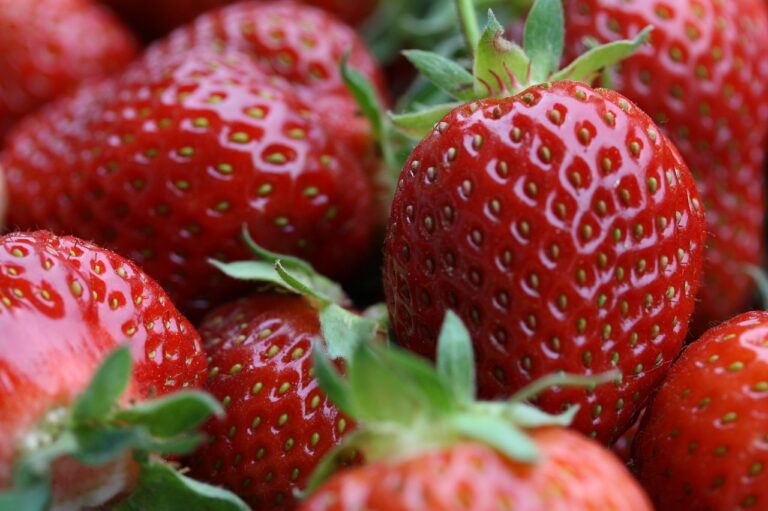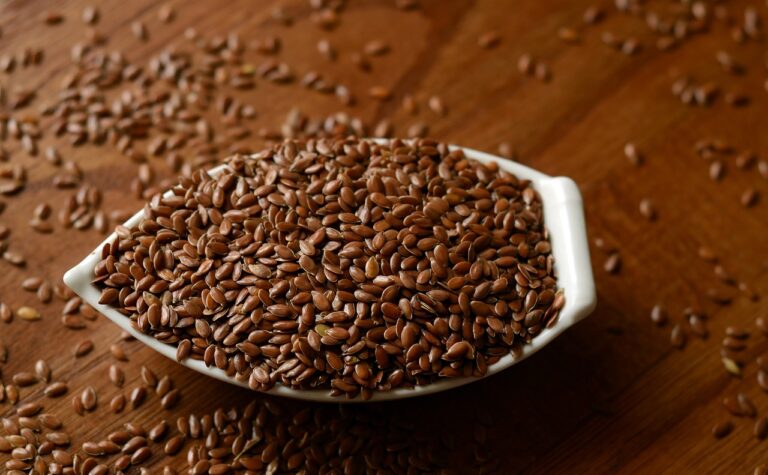Trends in Non-GMO and Organic Pet Food Certification: 11xplay pro login, Tigerexch247 live, Betbook.com
11xplay pro login, tigerexch247 live, betbook.com: As pet owners become more health-conscious themselves, it’s no surprise that they are seeking out healthier food options for their furry companions as well. This has led to a growing trend in the pet food industry towards non-GMO and organic certification for pet food products. In this article, we will explore the trends in non-GMO and organic pet food certification and discuss what pet owners need to know about these labels.
What is Non-GMO and Organic Pet Food Certification?
Non-GMO and organic certifications are two different types of certifications that pet food companies can obtain for their products. Non-GMO certification ensures that the ingredients used in the pet food product were not genetically modified. This means that the ingredients were grown and harvested without the use of genetically modified organisms.
Organic certification, on the other hand, ensures that the ingredients used in the pet food product were grown and processed without the use of synthetic pesticides, fertilizers, or other harmful chemicals. Organic certification also requires that the animals used in the production of the pet food product were raised in accordance with organic farming standards.
Why are Non-GMO and Organic Pet Food Certifications Important?
Non-GMO and organic certifications are important because they provide pet owners with assurance that the food they are feeding their pets is free from harmful chemicals and genetically modified ingredients. Many pet owners are concerned about the potential health risks associated with GMOs and synthetic chemicals, so they seek out products that have been certified as non-GMO and organic.
In addition to the health benefits for pets, non-GMO and organic certifications also promote sustainable and environmentally friendly farming practices. By choosing pet food products that are non-GMO and organic certified, pet owners are supporting farmers who prioritize the health of their animals, the environment, and consumers.
Trends in Non-GMO and Organic Pet Food Certification
The demand for non-GMO and organic pet food products has been steadily increasing in recent years. Pet owners are becoming more educated about the quality of ingredients used in pet food and are looking for options that align with their own values and beliefs.
As a result, many pet food companies are now seeking non-GMO and organic certifications for their products to meet the growing demand from consumers. This trend is expected to continue as more pet owners prioritize the health and well-being of their pets and choose products that have been certified as non-GMO and organic.
What to Look for When Choosing Non-GMO and Organic Pet Food
When choosing non-GMO and organic pet food for your furry friend, there are a few things to keep in mind. Look for products that are certified by reputable organizations such as the Non-GMO Project and the USDA Organic seal. These certifications ensure that the pet food product meets strict standards for non-GMO and organic ingredients.
Read the ingredient list carefully to ensure that the pet food product contains only natural, whole ingredients that are free from artificial additives and fillers. Avoid products that contain vague or ambiguous ingredients, as they may be hiding GMOs or synthetic chemicals.
Consider the source of the ingredients used in the pet food product. Look for products that source their ingredients from trusted suppliers who prioritize sustainable and ethical farming practices. Supporting companies that are transparent about their sourcing and production processes will help ensure that your pet is getting the best quality food possible.
FAQs about Non-GMO and Organic Pet Food Certification
Q: What is the difference between non-GMO and organic pet food certifications?
A: Non-GMO certification ensures that the ingredients used in the pet food product were not genetically modified, while organic certification ensures that the ingredients were grown and processed without the use of synthetic chemicals.
Q: Are non-GMO and organic pet food products more expensive?
A: Non-GMO and organic pet food products may be slightly more expensive than conventional pet food products, but many pet owners believe that the health benefits outweigh the cost.
Q: Are non-GMO and organic certifications regulated?
A: Yes, non-GMO and organic certifications are regulated by government agencies and independent organizations to ensure that products meet strict standards for non-GMO and organic ingredients.
Q: Can I make my own non-GMO and organic pet food at home?
A: Yes, you can make your own non-GMO and organic pet food at home using natural, whole ingredients. Just be sure to consult with a veterinarian or pet nutritionist to ensure that your homemade pet food meets all of your pet’s nutritional needs.
In conclusion, the trends in non-GMO and organic pet food certification are driven by pet owners who want the best for their furry friends. By choosing non-GMO and organic pet food products, pet owners can provide their pets with high-quality, natural ingredients that promote health and well-being. Remember to look for reputable certifications, read ingredient labels carefully, and consider the source of ingredients when choosing non-GMO and organic pet food for your pets.







